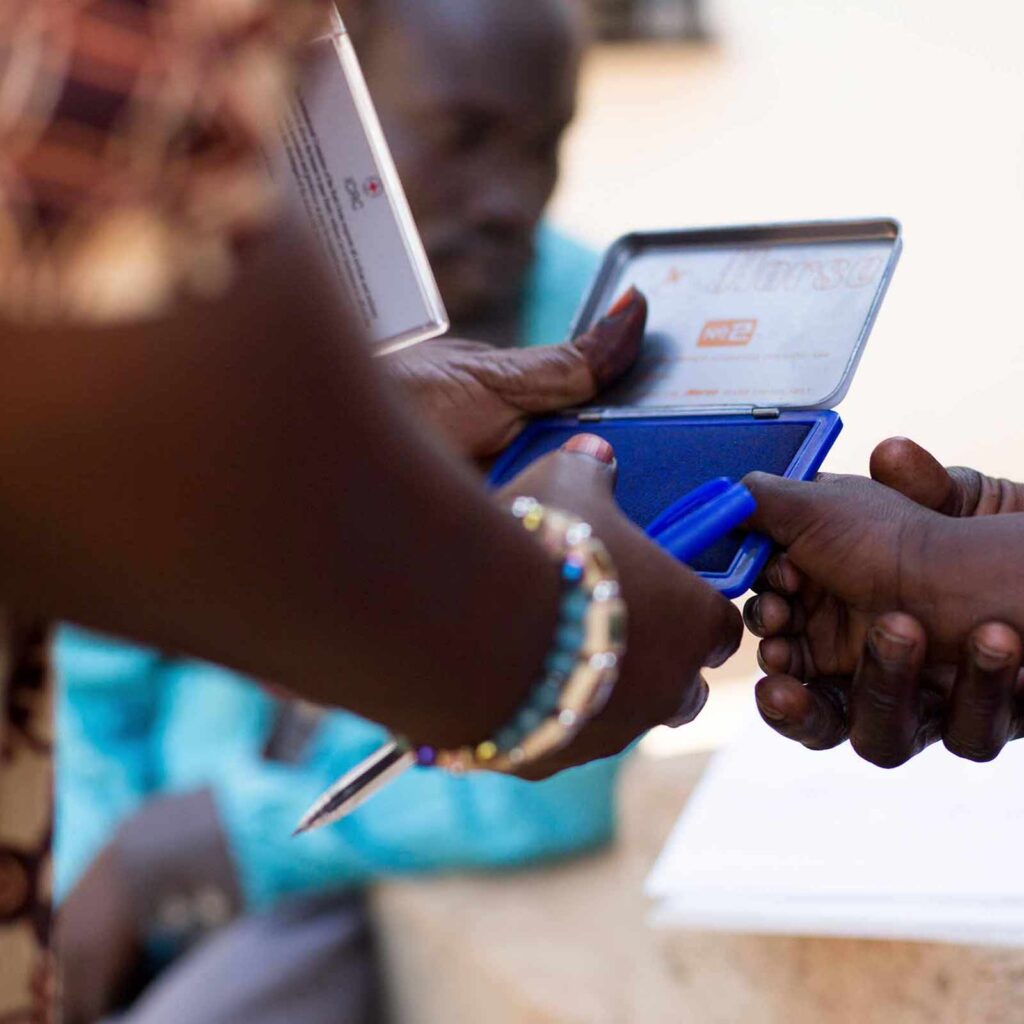March 2021 – August 2022
Urgent humanitarian assistance is provided in the context of increasing attention paid to sustainability, as reflected by the adoption of the UN New Urban Agenda, revolving around establishing the 17 Sustainable Development Goals (SDGs). For the ICRC, the construction of health facilities and basic infrastructure in contexts of protracted crises is a significant part of operations. This has become an increasing incidence due to the globally unstable situation. Given the significant environmental impact of construction operations, humanitarian construction programmes’ workflow requires rethinking to contribute to a sustainable transformation.
There has been much progress in the last decades concerning implementing sustainable building technologies and adopting sustainability assessment methods and frameworks to support the diffusion of such practices. However, climate change is still a threat that requires daily efforts and advocacy. Looking at the specific operational context of the ICRC and, more broadly, the humanitarian sector, work is still needed to enable progress into more sustainable humanitarian operations.
ETHZ PI: Prof. Guillaume Habert, Sustainable Construction, D-BAUG;
EPFL PI: Dr. André Ullal, Laboratory of Construction and Architecture, EPFL
Partners: Pavlos Tamvakis, ICRC
Photo: ICRC
Publications and/or scientific communication
- Ullal, A., Steullet, A., Roman, J., Michel, K., Duque, S., Celantano, G., Habert, G., Al Laham, H.,Tamvakis, P., Aguacil Moreno, A., (2022). Sustainable Construction in Humanitarian Action – Criteria for humanitarian building sustainability, PLEA, 22-25 November 2022, Santiago, Chile.
- Celentano, G., Al Laham, H., Ullal, A., Tamvakis, P., Habert, G., (2022). Sustainable Construction inConflict-Affected Context – A design assistance tool to enhance humanitarian impact assessmentand performance, NOCMAT International Conference on Non-Conventional Materials andTechnologies, 7-23 June 2022, https://doi.org/10.5281/zenodo.6998159
Other non-scientific communication
- Presentation at the World Urban Forum WUF11 at Katowice https://wuf.unhabitat.org/event/design-assistance-tool-sustainable-construction-conflict-and-crises-affected-context-concept 7.2023
- Launch at the Global Shelter Cluster Shelter Week in Genevahttps://www.humanitarianlibrary.org/collection/shelter-meeting-22 7.2023
- Presentation at the Swiss Roundtable on Green Reconstruction, organized by Caritas in collaborationwith SDC – Swiss Development and Cooperation (closed door event). 11.2023 (past project conclusion)
- As a result, the European Civil Protection and Humanitarian Aid Operations (ECHO) decided to includethe tool in its newest “Guidance on the operationalisation of the minimum environmentalrequirements and recommendations for EU-funded humanitarian aid operations” under the Shelterand Settlement chapter. The document is available at: https://www.dgecho-partners-helpdesk.eu/download/referencedocumentfile/272

